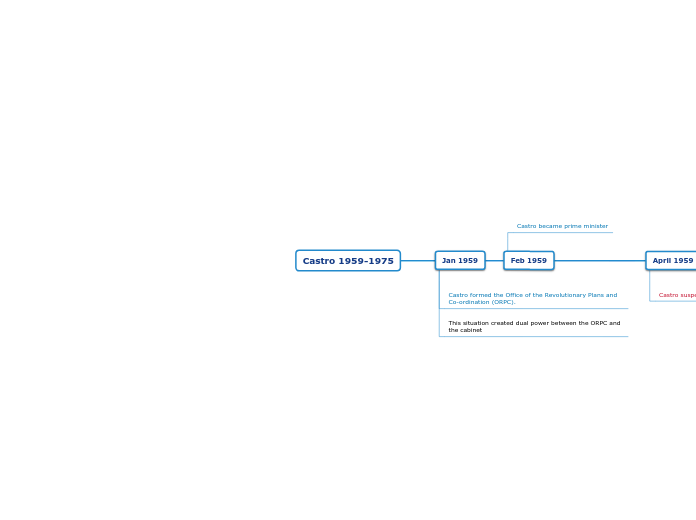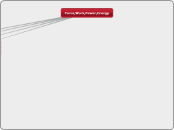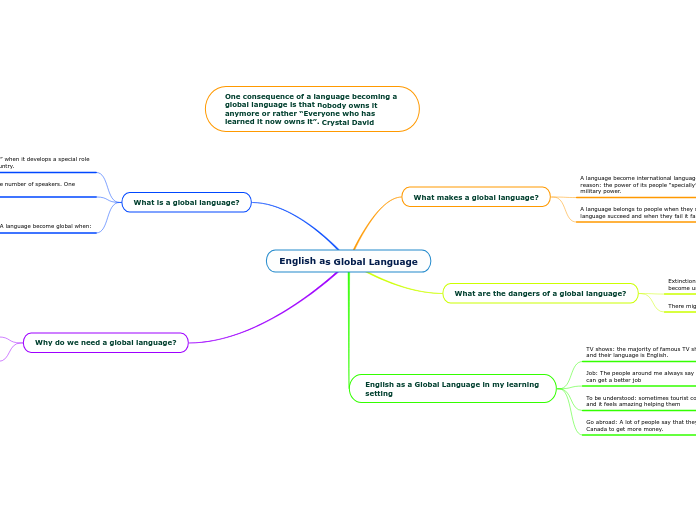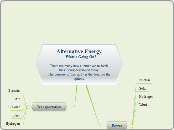da Mauricio Benjamín Mossi Gutiérrez mancano 3 anni
305
Castro 1959-1975
Between 1959 and 1975, significant changes took place in Cuba under Fidel Castro's leadership. Castro initially formed the Office of the Revolutionary Plans and Co-ordination (ORPC)









